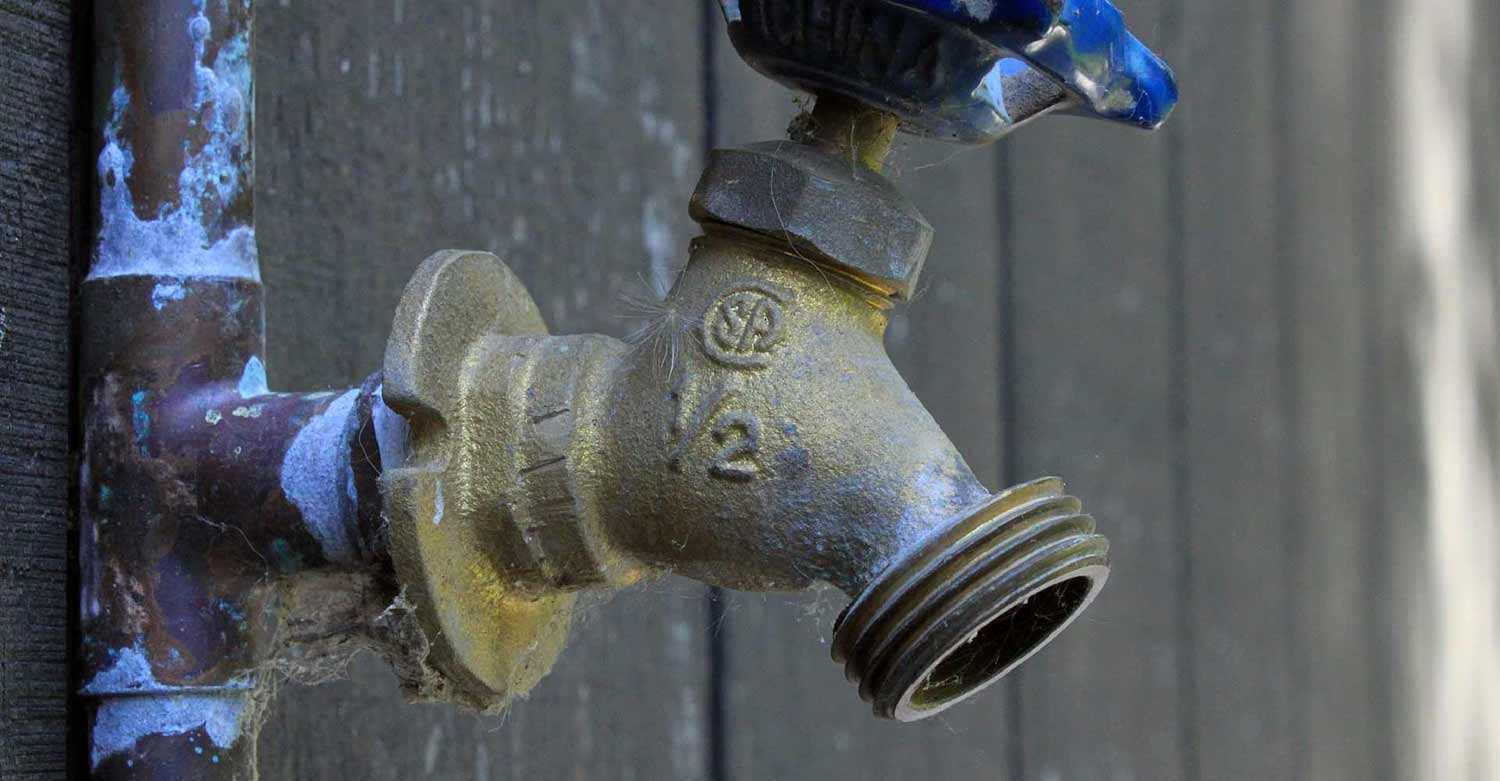
Why Pipes Burst and What To Do About It
Winter can mean beautiful snowfall and the chance to curl up in front of a cozy fireplace, but it can also mean frozen or even burst pipes. Plumbers can fix the immediate problem, but burst pipes can lead to serious water damage. This is where a disaster restoration company can help. However, prevention is better than a cure, so the best practice is to try to avoid frozen and burst pipes in the first place.
Why Pipes Freeze
Pipes freeze because they are insufficiently insulated from the cold, and this happens for a number of reasons. They may be located outdoors, they may run through uninsulated parts of the home or they might be placed in such a way that insulation actually draws heat away from them. They might also freeze if the power goes out.
One danger with frozen pipes is that they will leak or burst when they thaw. This is more likely with older pipes, which may have been weakened over the years by corrosion or rust.
Preventing Frozen Pipes
Leaving a faucet dripping is one of the easiest ways to prevent pipes from freezing since having even a small amount of water moving through them can help. Leaving cabinet doors open in the bathroom and kitchen can also help more heat get to pipes.
Homes should be checked for uninsulated pipes in attics, crawl spaces and other areas, and those areas should be insulated. Keeping garage doors closed can protect any water supply lines located there.
Outdoor pipes may be particularly vulnerable. Hoses should be disconnected and put away. If there is a swimming pool or sprinkler system, water should be drained from them.
People leaving town may want to turn off the main water supply and leave the taps open. The heat should be left on in the home as well.
Pipes can be thawed with a hair dryer, electric heat tape or hot towels. They should never be thawed with a blowtorch or another type of open flame.
What If Pipes Burst?
Unfortunately, even with preventative measures, pipes may burst because of an unexpected cold snap or simply because a homeowner is unaware that a section is not sufficiently insulated. The first step is to call a plumber. If there is water damage, the next step is to call a disaster restoration company.
Like all emergencies, burst pipes do not only happen during business hours. In fact, pipes are more likely to burst overnight since that is when the temperature is usually coldest. Whether it’s early morning, a weekend or a holiday, when a property owner or manager needs help for water damage, they don’t want to leave a message and wait for someone to call back. They want to talk to someone right away who understands the problem and can start helping immediately. This is why it’s so important for a disaster restoration company to have 24/7 answering service that understands the urgency of the situation and what must be done to mitigate it.
